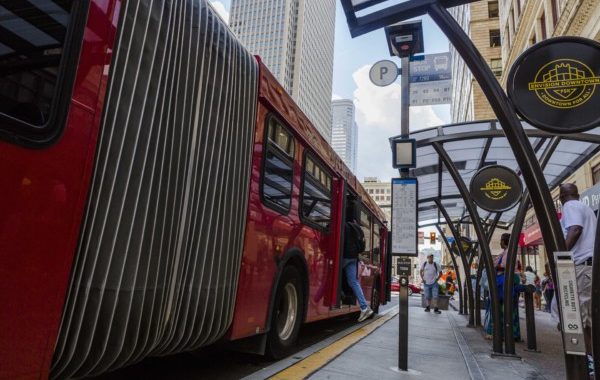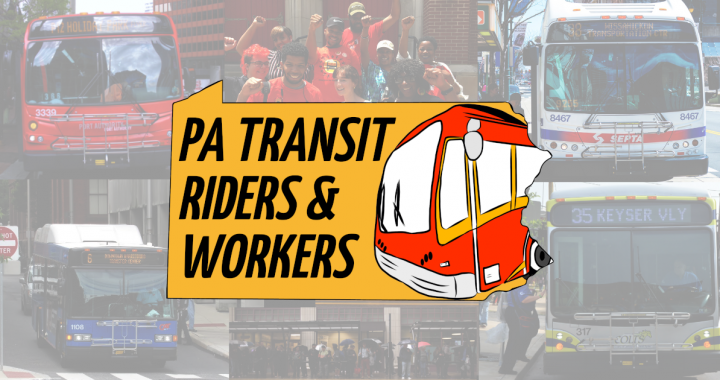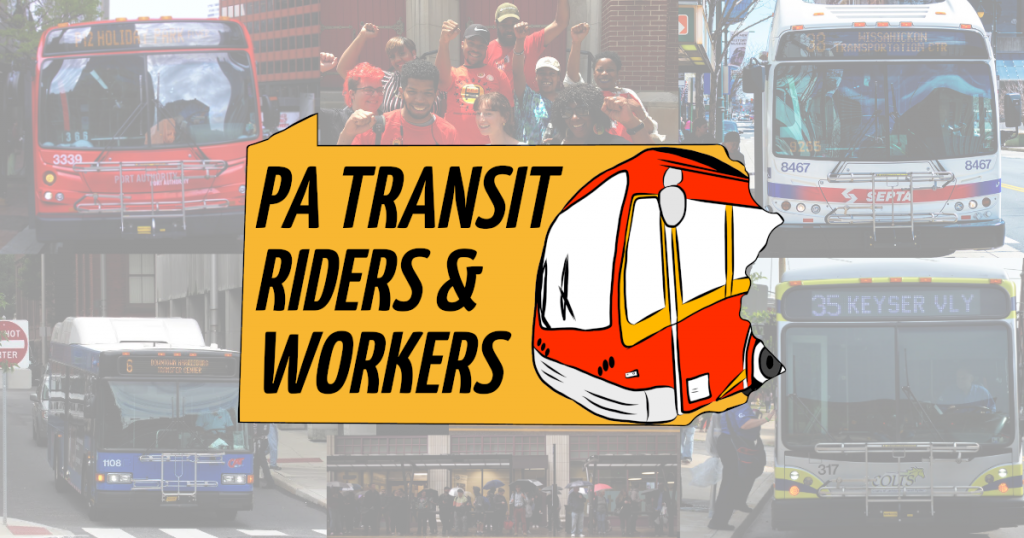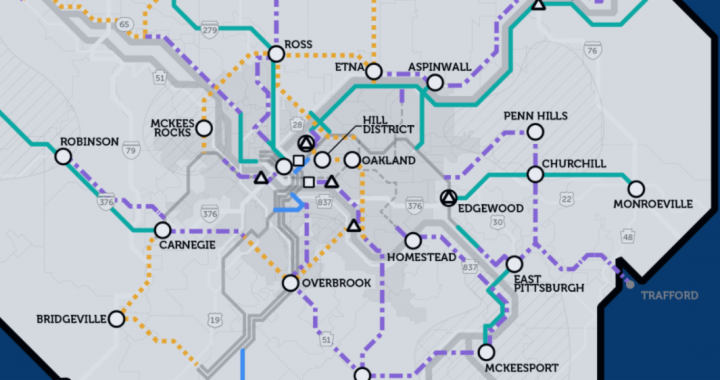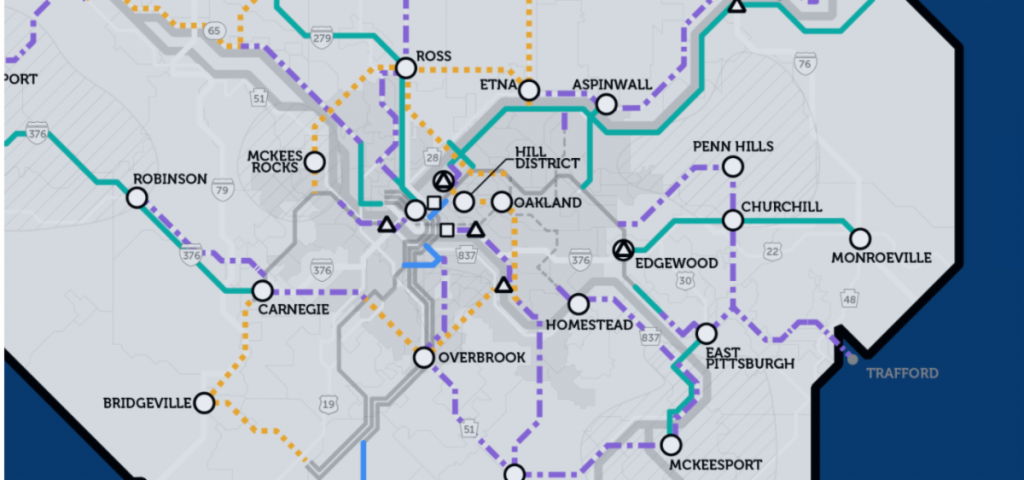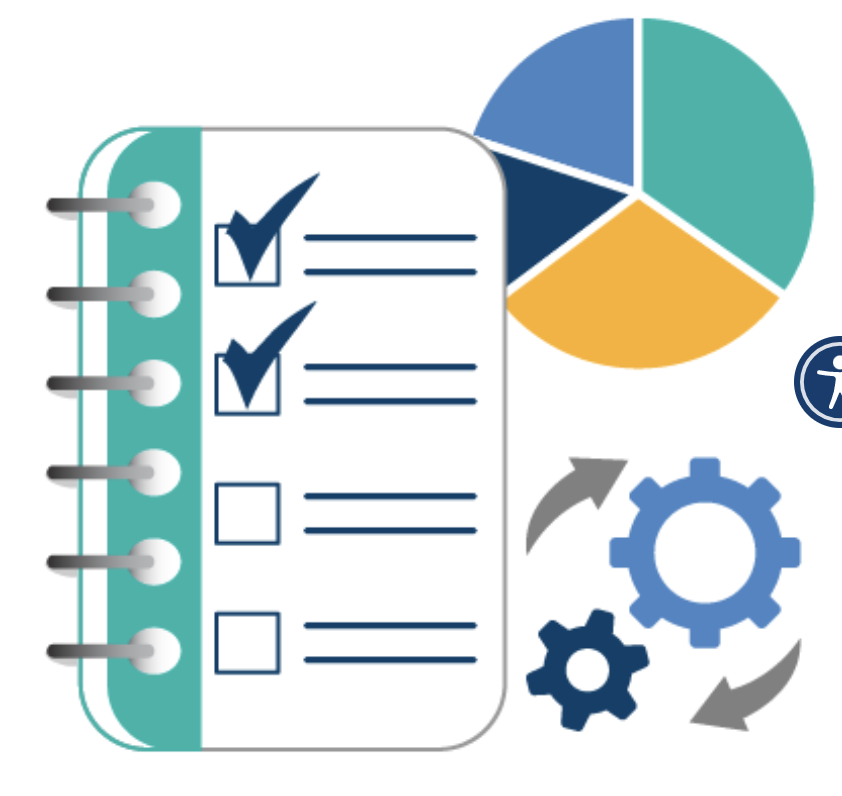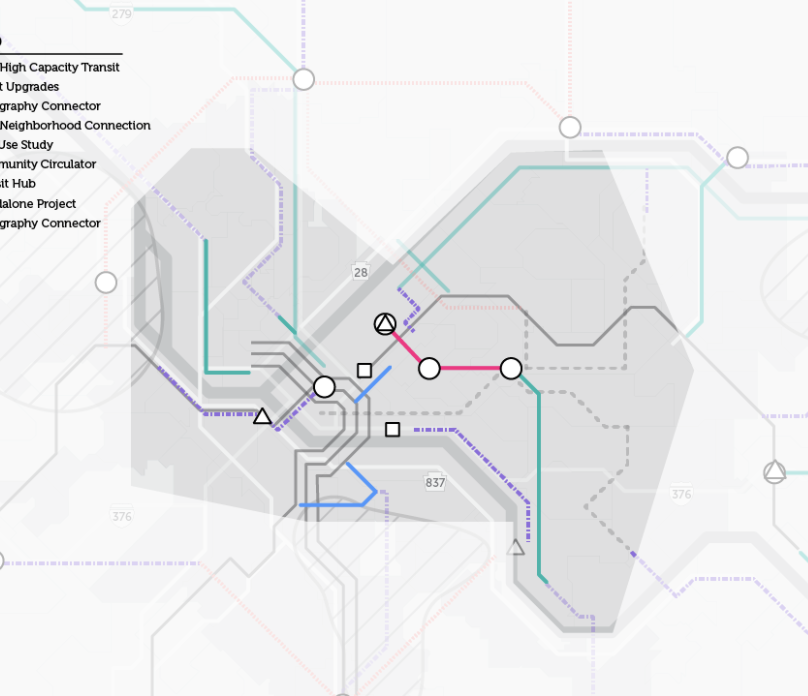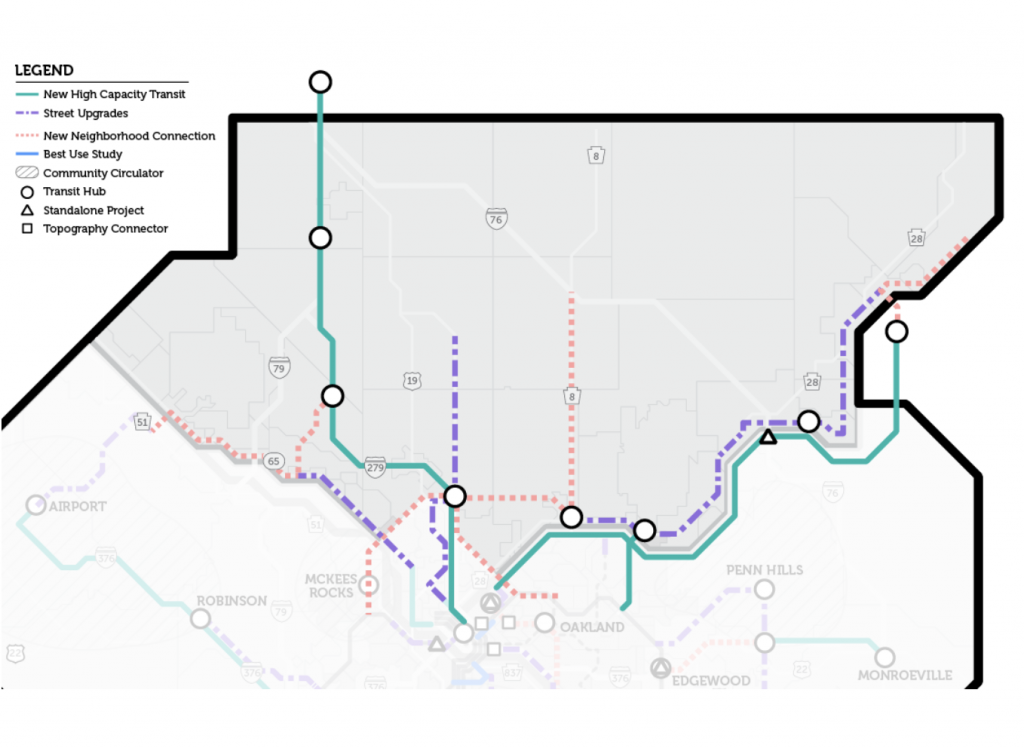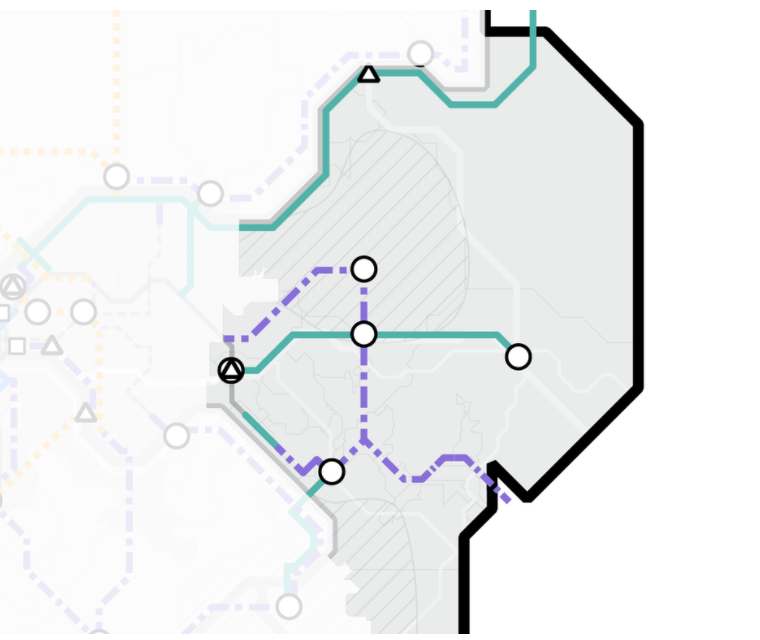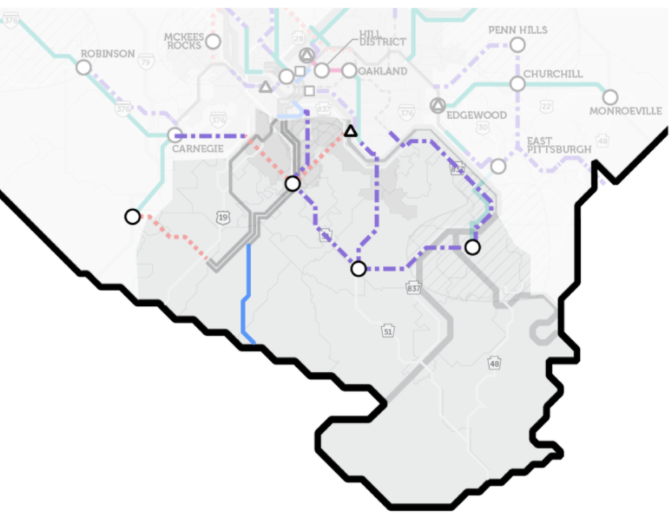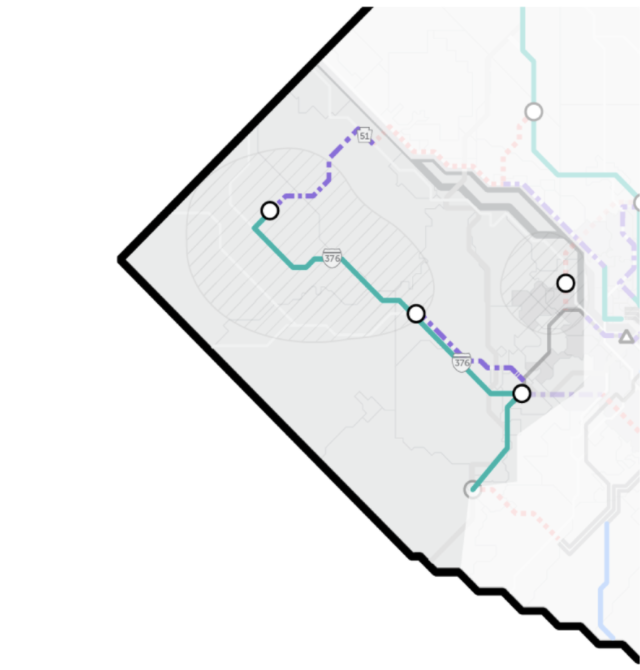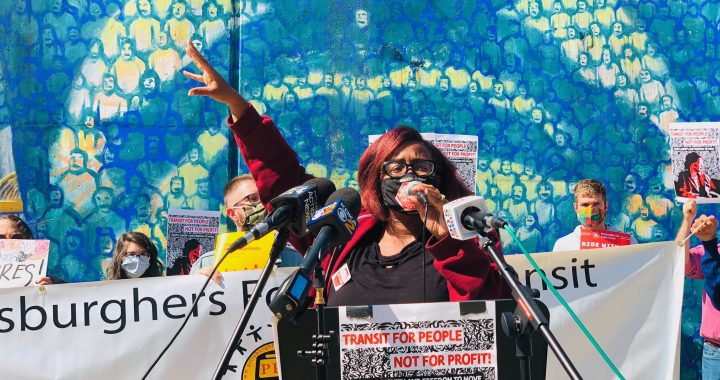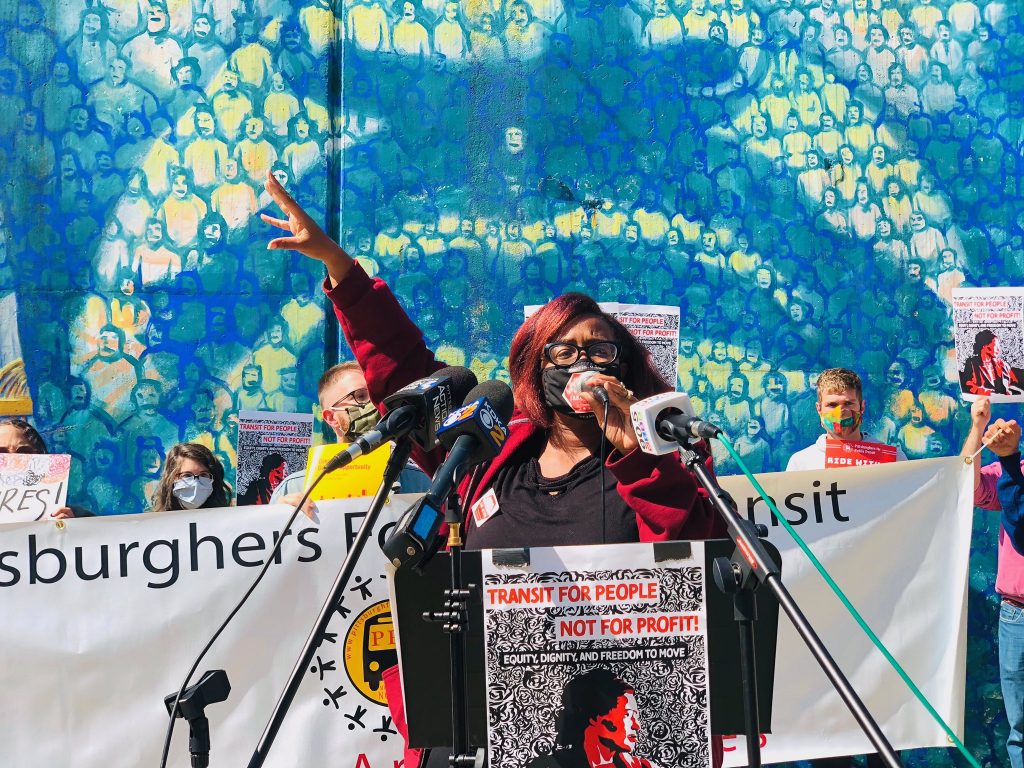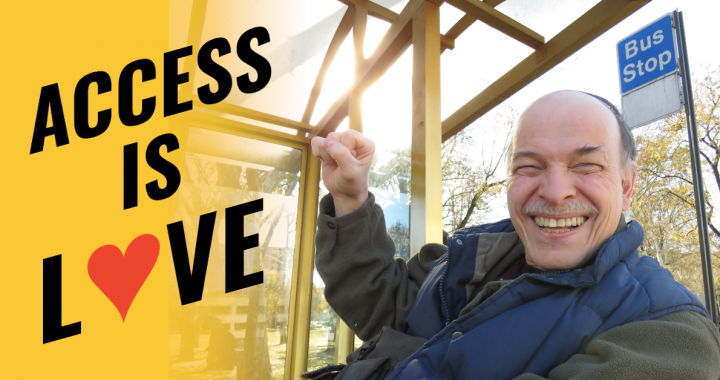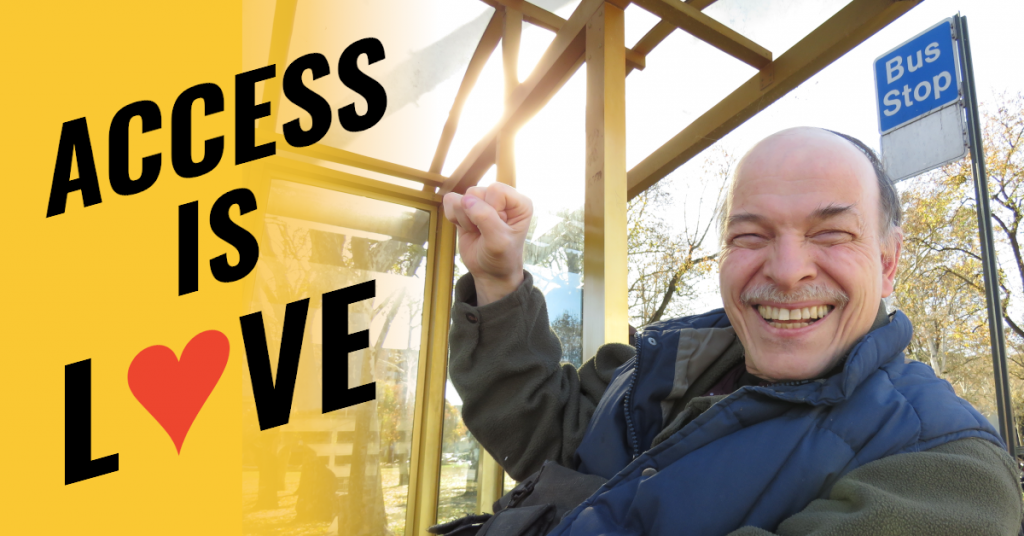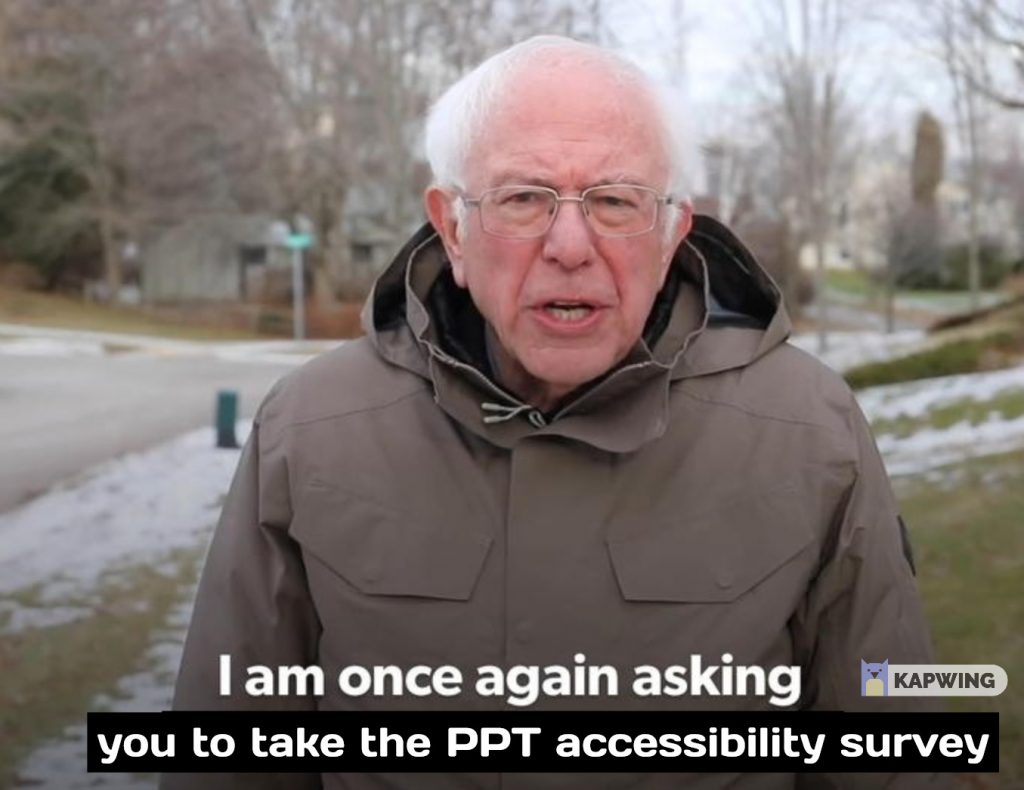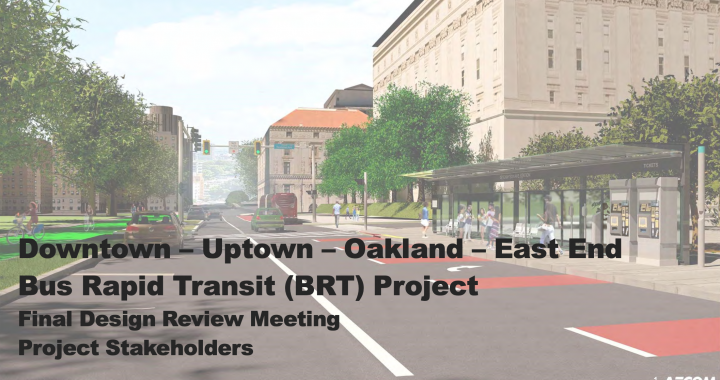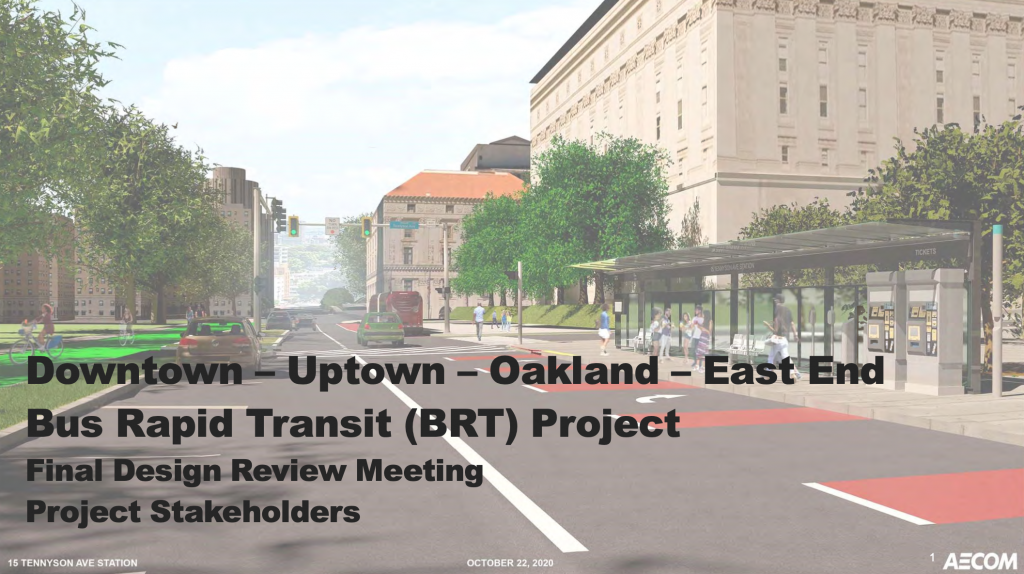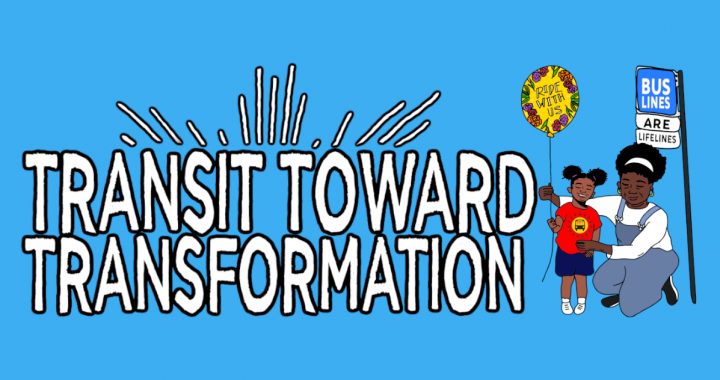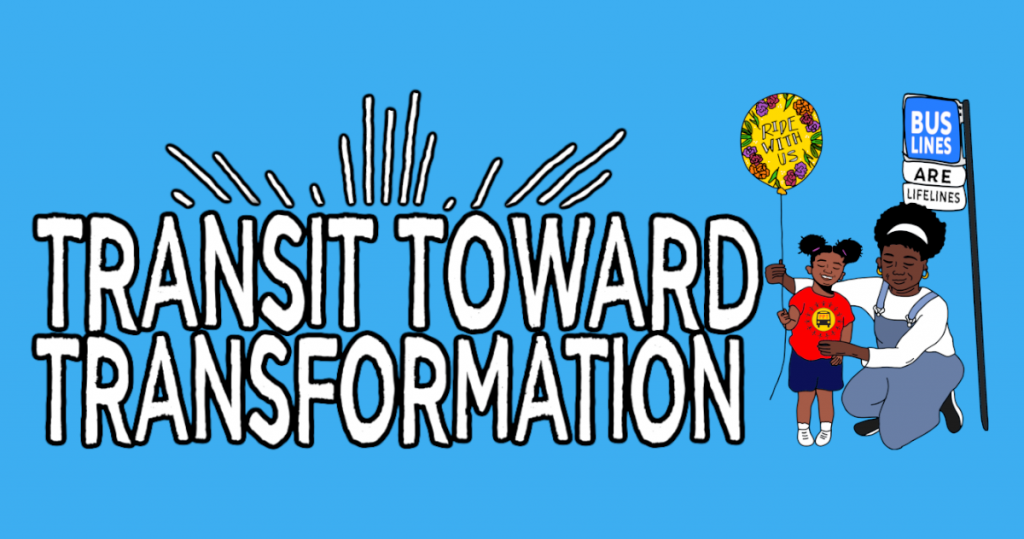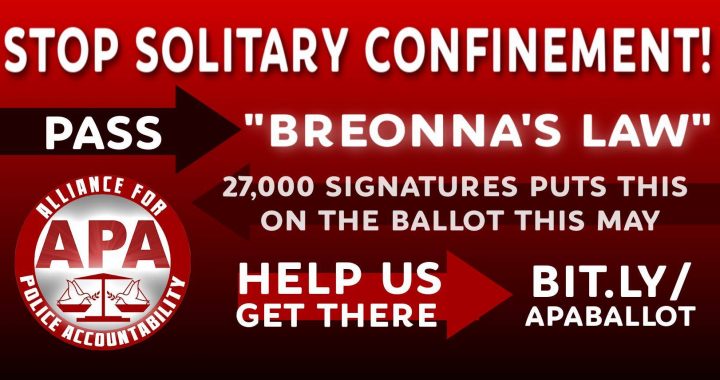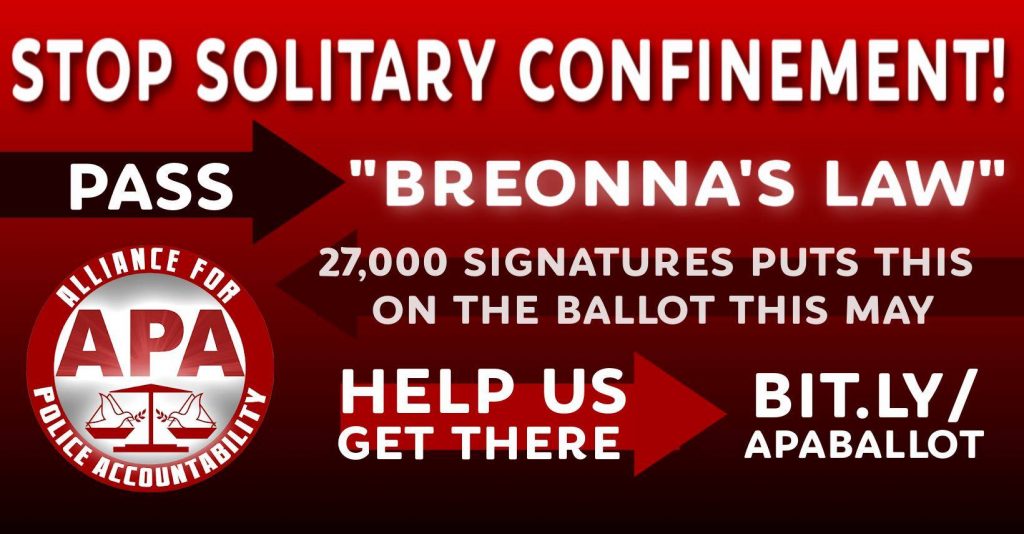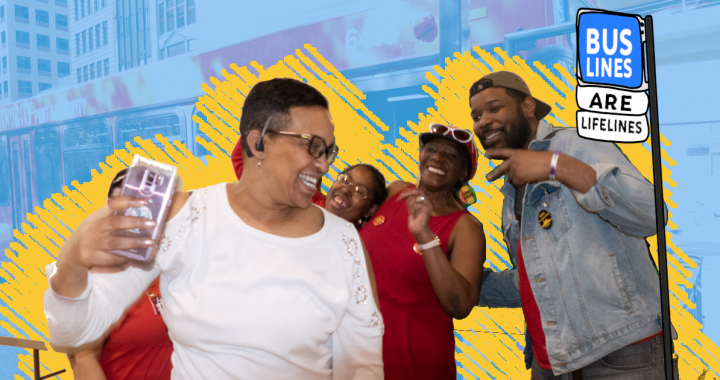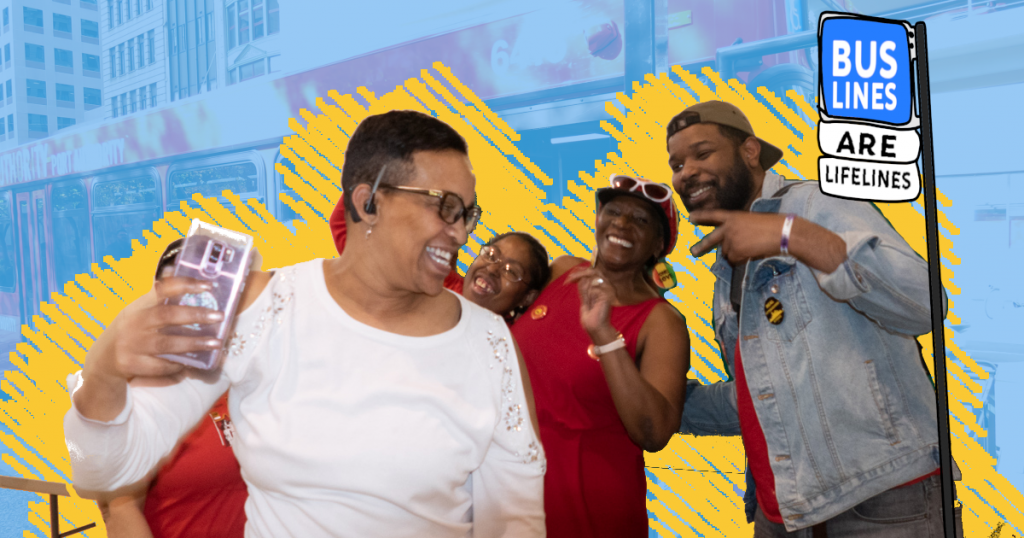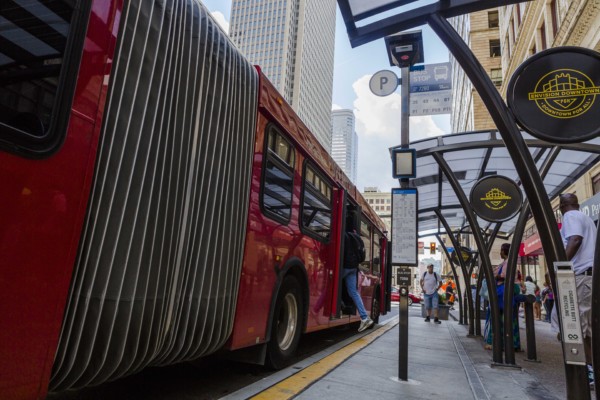
New quarterly adjustments bring little change. Riders are left asking for the reversal of COVID service cuts.
Four times every year, the Port Authority adjusts its transit schedules and routes to account for rider’s requests, ridership shifts, construction, road closures and/or all of the other unexpected hiccups that might affect Pittsburgh roads.
These quarterly adjustments were dialed back because of the pandemic, but they seem to be back on track. PPT has been publishing these blogs since 2019 with the @PGH_Bus_Info Hotline to give a rider’s perspective on what these adjustments mean for our service. Some quarters bring great changes (like Q4 2020 where we won weekend service on 95% of Local routes) some quarters are lackluster.
The next set of service adjustments will go into effect on Sunday, March 21, 2021. You can check Port Authority’s website to follow these quarterly service changes. Check out the upcoming changes below
The @PGH_Bus_Info Hotline is a volunteer-run twitter account that gives riders updates on Port Authority’s daily happenings. The Hotline has no official connection to the Port Authority (again, it is a volunteer-run twitter account) but the updates are helpful nonetheless. The Hotline is a big supporter of PPT, and an enormous advocate for public transit. We’re thankful for their support and happy to collab on these rider resources. Follow @PGH_Bus_Info Hotline on twitter for more grassroots transit updates.
Rundown of Q1 2021 Service adjustments, with takeaways from the @PGH_Bus_Info Hotline – See Port Authority’s Official Update Here
Welp, this quarter the service changes were pretty minor, and to be honest, they’re a bit disappointing. Riders truly need the Port Authority to reverse the service reductions they started last summer. Riders are still struggling with crowded buses or too little service availability and frequency.
Riders can’t wait until the next Quarterly Adjustments (or Summer 2021) to see the COVID reductions reversed. By then weather will be warming, vaccines will be more widely available, and ridership will be on the rise. It will be a celebratory time full of opportunity, but not core transit riders including many “essential workers” if transit stays a these low levels.
Please Note: The adjustments made in November temporarily redistributing service to avoid missed trips during the ongoing COVID-19 pandemic will remain in effect.
19L-Emsworth Limited – Schedules have been adjusted and some trip times have changed to improve on-time performance.
These are very small changes and shows more care for OTP than riders
22-McCoy – The outbound time point at McCoy Rd at Island Ave Far Side will be removed from the schedule.
28X-Airport Flyer – Weekday schedules have been adjusted and some trip times have changed to improve on-time performance.
31-Bridgeville – Weekday and weekend schedules have been adjusted and some trip times have changed to improve on-time performance.
Pretty lackluster changes and shows more care for OTP than riders
G31-Bridgeville Flyer – Schedules have been adjusted and some trip times have changed to improve on-time performance.
54-North Side-Oakland-South Side – The Fifth Ave at Bigelow Blvd time point has been replaced with Fifth Ave at University Place due to nearby construction.
no significant changes but the time point change in our view is a welcome and overdue change to clarify to riders that the old stop isn’t coming back and will lay the groundwork for a BRT Station being considered in the BRT Project
55-Glassport – Trips operating to Glassport will be rerouted via the 15th Street Bridge in anticipation of upcoming construction on the Jerome Street Bridge. *See below for more details.
These are our biggest disappointments for these quarterly Service Adjustments. While the 55, 56 and 59 is being detoured through some major residential neighborhoods that had their service cut back in 2007 and 2012, none of these buses will stop to service these communities. This is a big missed opportunity to support people who live and work on Walnut Street in McKeesport and River Rd in Port Vue Liberty.
56-Lincoln Place – Trips operating inbound to downtown will be rerouted via the 15th Street Bridge in anticipation of upcoming construction on the Jerome Street Bridge. *See below for more details.
See prior comments on 55
59-Mon Valley – Trips operating to Century III Mall will be rerouted via the 15th Street Bridge in anticipation of upcoming construction on the Jerome Street Bridge. *See below for more details.
See prior comments on 55
P7-McKeesport Flyer – Weekday schedules have been adjusted and some trip times have changed to improve on-time performance.
Pretty lackluster changes and shows more care for OTP Than riders
Changes don’t address restoring any of the many trips lost to Covid not even the early PM Rush trip that shouldn’t have been cut
P68-Braddock Hills Flyer – Weekday and weekend schedules have been adjusted and some trip times have changed due to a routing change at Monroeville Mall. No stops are affected.
Changes fails to add any service or trips and doesn’t extend any of the short trips to Forbes Hospital
UPMC East still gets the shaft
P78-Oakmont Flyer – Schedules have been adjusted and some trip times have changed to improve on-time performance.
Pretty lackluster changes and shows more care for OTP Than riders
Changes fail to add services
Changes fail to add later trips or weekend service that is needed in this area
87-Friendship: Six Stops to be Discontinued
In anticipation of an upcoming City of Pittsburgh project, the following stops will be discontinued effective Sunday, March 21, 2021. Please use the designated alternative stops:
| Discontinued Stop | Alternative Stop |
| Stanton Ave at #5013 (outbound) | Stanton Ave opp Demarillac Home or Stanton Ave at Stanton CT East |
| Stanton Ave at #5012 (inbound) | Stanton Ave at Demarillac Home or Stanton at Oranmore St |
| Stanton Ave at Stanton CT West (outbound) | Stanton Ave at Stanton CT East or Stanton Ave opp McCabe St |
| Stanton Ave opp Stanton CT West (inbound) | Stanton Ave at Oranmore St or Stanton Ave opp Hawthorne St |
| Stanton Ave at #4243 (outbound) | Stanton Ave at Upview Terrace or Stanton Ave at Steps |
| Stanton Ave opp #4233 (inbound) | Stanton Ave at Woodbine St Far Side or Stanton Ave opp Steps Far Side |
*Temporary Routing Change in McKeesport
Beginning Sunday, March 21, 2021 and until further notice, westbound bus routes 55-Glassport, 56-Lincoln Place, and 59-Mon Valley will be rerouted across the 15th Street Bridge in McKeesport in anticipation of the next phase of construction of PennDOT’s Jerome Street Bridge Rehabilitation Project.
Westbound route 55, 56 and 59 buses coming from downtown McKeesport will cross over the 15th Street Bridge, travel down River Rd, and through the 10th Ward neighborhood on Atlantic Ave, before taking Ramp # 2 to return to regular route on Fifth Ave. A map is provided below.
The following stops will be temporarily discontinued through the duration of this construction phase:
- Lysle Blvd at Market
- W 5th Ave at Ramp #1
- W 5th Ave at Rebecca
- W 5th Ave at Perry
- W 5th Ave at Ramp #2A
A temporary stop will be established at Ramp #2 at W 5th Ave.
Eastbound routes will continue to use the Jerome Street Bridge throughout construction.
Summary and Closing Statement from @PGH_BUS_INFO Hotline re Port Authority’s Q1 2021 Service Adjustments
In closing, this is another round of disappointment-laden changes from Port Authority. An opportunity exists to improve service for riders. PAAC needs to reverse the COVID service cuts as soon as possible to better-serve existing riders and bring back those who have stopped riding.
Port Authority Customer Service can be reached via twitter, the website or phone: 412-442-2000
The @PGH_BUS_INFO Hotline can be reached by phone @ 412-759-3335 ONLY When PortAuthority Customer Service is Closed/unavailable
Or via Twitter anytime: @PGH_BUS_INFO
The PGH Bus Info Hotline will be back on PPT’s blog in for the next set of Quarter Service Adjustments. See ya then!
